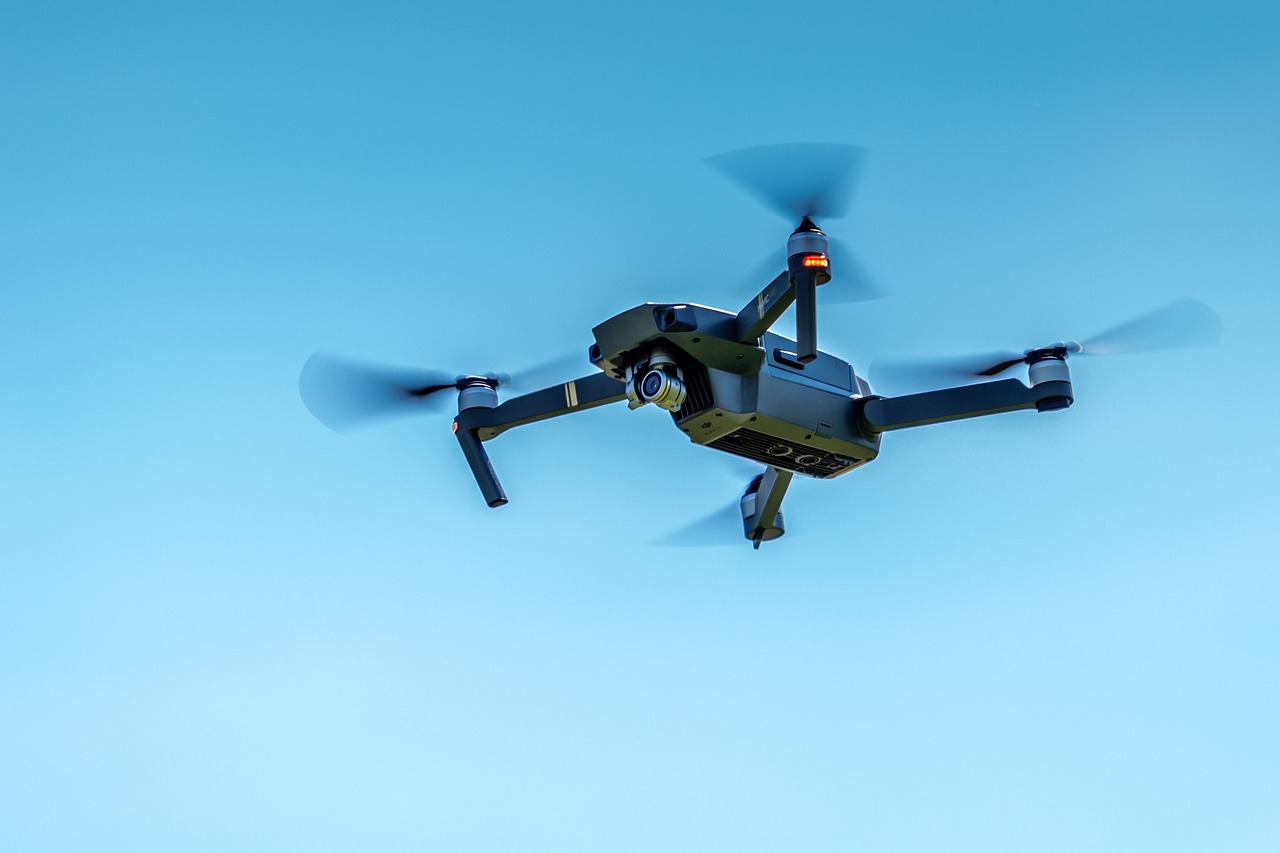This post is also available in:
 עברית (Hebrew)
עברית (Hebrew)
The digital age has created new business models in the fields of production industry. The Internet of Things, mobile cloud, computing cloud, and analytics which births real-time insights – all create demand for new integrated services, software tools, and infrastructure solutions. IBM, which accompanies the world of production for many years, is also preparing for this new age, and the growth potential it offers.
Many production decisions made since 1990 were based on the assumption that Asia, and especially China, eastern Europe, and Latin America enjoy lower costs – while areas such as the US, western Europe and Japan are characterized by significantly higher production costs.
Only this view is now becoming old-fashioned. A report by the IBM business value institute states that changes in wages, costs of transportation and distribution, differences in productivity, energy availability and especially availability of digital technologies, all come together to undermine the traditional equation which states geographic principles for sourcing production processes. The main target, of course, stays the same: The main challenge remains a cheaper, more efficient, and more flexible production.
The digital age of production is already here. Advancements in technology and progress in fields such as cognitive systems, big data, analytics, cloud, IoT, robotics, and changes in the concept of production lines are changing the dynamics of the industry.
A situation report of these development could be heard at Business Connect 2016 – IBM’s annual software conference, which will be held mid-June in Tel Aviv. The conference will focus on cognitive tools, especially IBM’s Watson system, in building a new and improved client experience by personalizing content and information for every end-user and every client approaching the organization’s systems – and on the infrastructures needed to supply all these: Cloud tools, security environment, and development and management tools for the application’s whole cycle. The conference will also present a range of solutions by IBM’s business partners, such as Deloitte, which will present unique technologies both in the digital and analytics field, as well as in IT and cyber.
These technologies also influence the nature of the positions and the manpower employed in the industry: Production in the digital age requires knowledgeable employees, who could handle the wealth of data created by programmers and clients alike, with sensors integrated in manufacturing machines in order to optimize work processes – and with data arriving from sensors reporting the use of the final products, and the updates required for the next production lines.
In the age of digital operation, information which was created and stored in the past by humans, will be increasingly created by machines and things: RFID tags, meters, GPS systems etc. Inventory will count itself. Containers could recognize the content stored in them, and assembling processes will be robotic, analysed in real-time.
The whole value chain will be managed in an integrated way: Not just clients, suppliers and information – but also parts which make up the final product, smart objects and products. will monitor this value chain. Deep connectivity will allow to operate world-wide networks to plan and make decision in real-time.
IBM estimates that the advancements in the field of analytics and building computerized models will help decision makers better assess the different alternatives in a complex frame of dynamic variables, risks and constraints. Smart systems will receive a large part of the decision automatically, while improving response capacity and minimizing the need for human intervention.
IBM experts recommend to manufacturing companies to re-plan their whole business chain – based on the current dynamics of cost, and while using the opportunities which are opened in the new technological age. The more mechanized and connected the value chain, the smarter and more efficient it will be. In order to reach these goals, manufacturing companies must take on, above all, the changes in manpower needs and the growing need for knowledgeable employees. This could be done, IBM explains, either by recruiting employees to the organization or by technological partners, such as Deloitte, which offers extensive experience and proven capabilities in escorting organizations into the digital age.



























